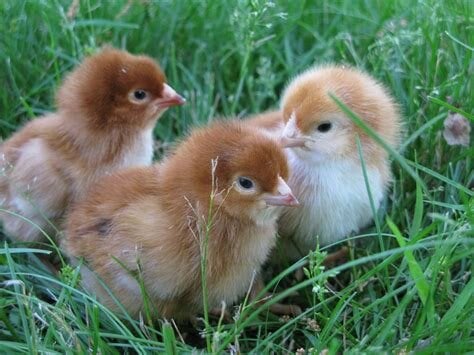leah vanity
Songster
Afternoon friends!
I'm new to this whole chicken life and I myself eat non gmo organic with little soy - so why would I not want the same for my chickens? I know this is a hot topic and I've read lots of threads on here but I can't seem to find research on the gritty of yes or no for soy feeds. I did find a non gmo organic feed that contains soy but as long as it's not genetically modified the quality of the soy isn't as bad.
I have to order the feed if I decide to go with a non gmo non soy feed, I can't find any at stores close to me.
I would love to hear everyones opinions/suggestions/rationale behind what you do!
Enlighten me!
I'm new to this whole chicken life and I myself eat non gmo organic with little soy - so why would I not want the same for my chickens? I know this is a hot topic and I've read lots of threads on here but I can't seem to find research on the gritty of yes or no for soy feeds. I did find a non gmo organic feed that contains soy but as long as it's not genetically modified the quality of the soy isn't as bad.
I have to order the feed if I decide to go with a non gmo non soy feed, I can't find any at stores close to me.
I would love to hear everyones opinions/suggestions/rationale behind what you do!
Enlighten me!




